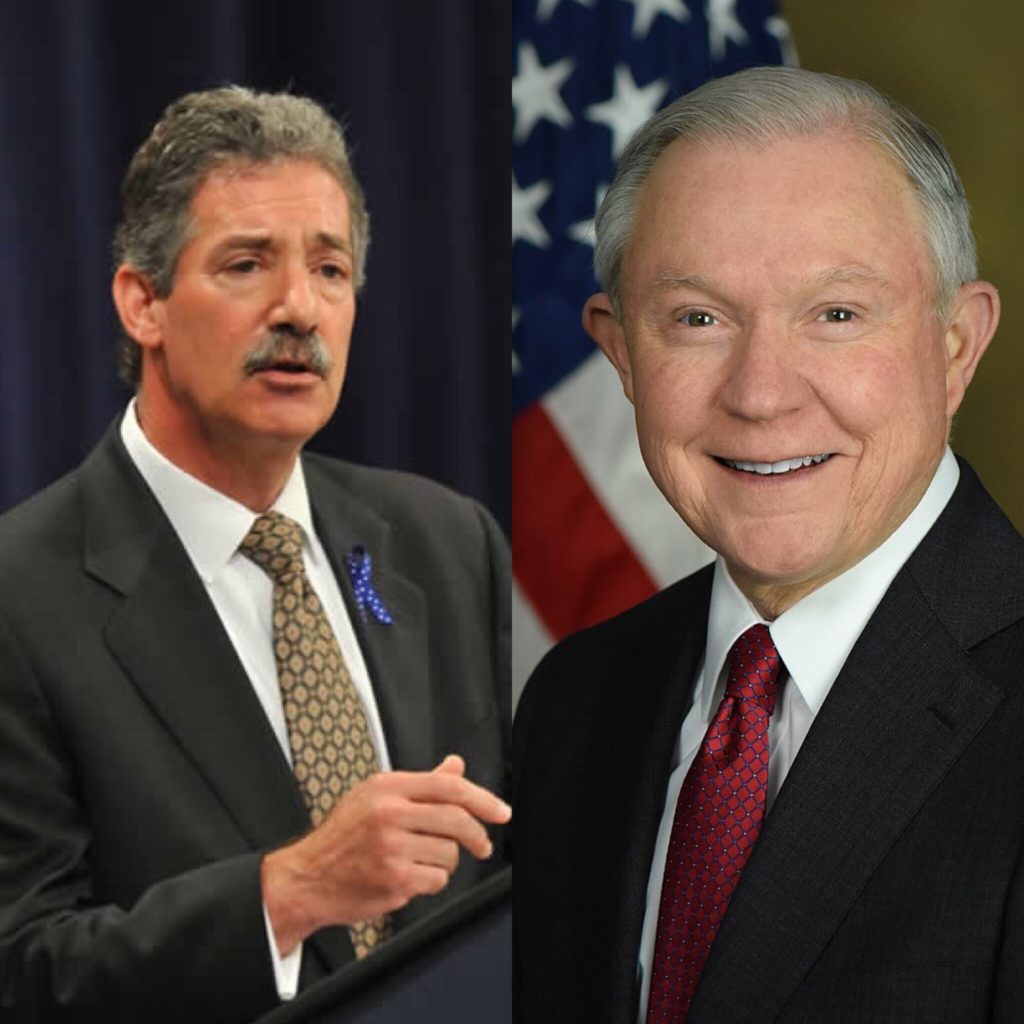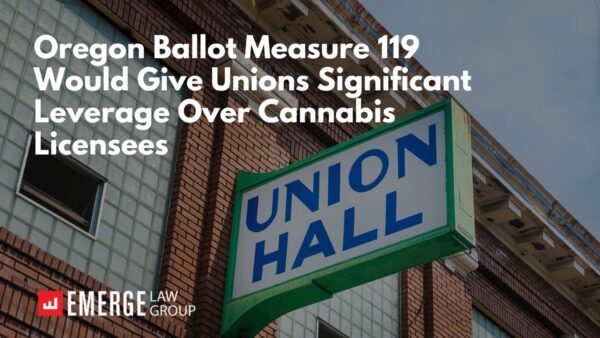The Cole Memo is history. The Sessions Memo, which was released today, January 4, 2018, is now the policy of the land.
The Sessions Memo contains two main points:
1. Federal prosecutors should follow the “well-established principles” that govern all federal prosecutions, which principles are now set forth in a U.S. Attorney’s Manual (“USAM”).
2. Previous nationwide guidance specific to marijuana (including but not limited to the Cole Memo) is “unnecessary” given the well-established principles, and is rescinded.
In other words, according to Sessions, the Cole Memo was superfluous all along.
So, what are these well-established principles that we all now live under?
Well, USAM 9-27.230 provides that federal prosecutors should weigh all relevant considerations in determining whether charges should be initiated or declined, including:
1. Federal law enforcement priorities, including any federal law enforcement initiatives or operations aimed at accomplishing those priorities;
2. The nature and seriousness of the offense;
3. The deterrent effect of prosecution;
4. The person’s culpability in connection with the offense;
5. The person’s history with respect to criminal activity;
6. The person’s willingness to cooperate in the investigation or prosecution of others;
7. The interests of any victims; and
8. The probable sentence or other consequences if the person is convicted.
OK, that sounds fairly reasonable.
But wait a minute.
Consideration #1 (presumably a significant one, as it comes first) references federal law enforcement priorities. And so, what are the federal government’s law enforcement priorities with respect to marijuana?
Well, before I woke up this morning, they were set forth in the Cole Memo, and included priorities relating to minors, cartels, diversion of marijuana to other states, other illegal drugs and activities, violence, drugged driving, public lands, and federal property.
What are they now? I don’t know exactly.
For the moment, it seems that Sessions is giving each individual U.S. Attorney the discretion to formulate his or her own federal law enforcement priorities. Rather than a top-down promulgation of priorities set forth by Mr. Cole, this seems to be more of a delegation of authority to each U.S. Attorney (of which there are currently 93).
Billy J. Williams, Oregon’s one-and-only U.S. Attorney, released the following statement today: “As noted by Attorney General Sessions, today’s memo on marijuana enforcement directs all U.S. Attorneys to use the reasoned exercise of discretion when pursuing prosecutions related to marijuana crimes. We will continue working with our federal, state, local and tribal law enforcement partners to pursue shared public safety objectives, with an emphasis on stemming the overproduction of marijuana and the diversion of marijuana out of state, dismantling criminal organizations and thwarting violent crime in our communities.”
Not bad overall. The immediate takeaway seems to be: “Stay compliant with Oregon law.”
Bob Troyer, Colorado’s one-and-only U.S. Attorney, was less vague, and seemed to strongly signal that the Sessions Memo will have no effect on his policies. He stated: “Today the Attorney General rescinded the Cole Memo on marijuana prosecutions, and directed that federal marijuana prosecution decisions be governed by the same principles that have long governed all of our prosecution decisions. The United States Attorney’s Office in Colorado has already been guided by these principles in marijuana prosecutions — focusing in particular on identifying and prosecuting those who create the greatest safety threats to our communities around the state. We will, consistent with the Attorney General’s latest guidance, continue to take this approach in all of our work with our law enforcement partners throughout Colorado.”
Various Oregon elected officials, including Governor Kate Brown, Attorney General Ellen Rosenblum, Senator Ron Wyden, Senator Jeff Merkley, and Representative Earl Blumenauer, made their own statements supporting and vowing to protect Oregon’s marijuana industry.
Events will undoubtedly unfold over the coming days, weeks, and months, and we will post further blogs on this subject. We also will post a blog about how this may affect securities law disclosures and business transactions in general. In the meantime, if you have any questions, please contact one of our attorneys.





